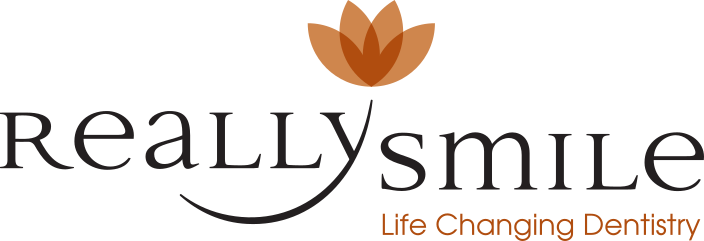Sleep apnea is a condition characterized by interruptions in breathing during sleep, which can lead to a variety of negative health consequences.
Unfortunately, many people in Carmel, Indiana (and the surrounding areas) aren’t aware of the drawbacks of sleep apnea, which is why they don’t get diagnosed properly, nor seek solutions.
Let’s go over some drawbacks to sleep apnea and solutions (including some treatments you can get at Really Smile Dentistry), so you can better determine whether this needs to be addressed in your life.
Sleep Apnea Drawbacks
Some of the disadvantages of sleep apnea for people in Indiana include:
-
Daytime fatigue: The frequent interruptions in sleep can lead to daytime fatigue, making it difficult to concentrate and perform daily activities.
-
Cognitive impairment: Sleep apnea has been linked to cognitive impairment, including memory loss, decreased attention span, and poor decision-making skills.
-
Cardiovascular problems: Sleep apnea is associated with an increased risk of high blood pressure, heart attack, stroke, and other cardiovascular problems.
-
Type 2 diabetes: People with sleep apnea are more likely to develop type 2 diabetes, possibly due to the disruption of glucose metabolism caused by the condition.
-
Mood disorders: Sleep apnea has been linked to an increased risk of depression, anxiety, and irritability.
-
Reduced quality of life: The negative effects of sleep apnea can impact a person’s quality of life, making it difficult to enjoy activities, maintain relationships, and participate in social events.
-
Increased risk of accidents: Daytime fatigue caused by sleep apnea can increase the risk of accidents at work, while driving, or during other daily activities.
Sleep Apnea Solutions
There are several solutions for sleep apnea in Carmel, IN, depending on the severity of the condition and the individual’s specific needs. Here are some options:
-
Continuous Positive Airway Pressure (CPAP): CPAP is a machine that delivers a continuous stream of air pressure to keep the airway open during sleep. This is the most common and effective treatment for moderate to severe sleep apnea.
-
Oral appliances: These devices are designed to help keep the airway open by repositioning the jaw or tongue. They can be custom-made by a dentist, so be sure to ask us about this option, as we may be able to help.
-
Surgery: In some cases, surgery may be recommended to remove excess tissue or to correct structural problems that are causing the airway to collapse during sleep.
-
Lifestyle changes: Losing weight, avoiding alcohol and sedatives, and sleeping on one’s side instead of the back can help reduce the severity of sleep apnea symptoms.
-
Positional therapy: Some people with positional sleep apnea may benefit from using special pillows or devices to keep them in a certain position during sleep.
-
Behavioral therapy: This can include cognitive-behavioral therapy to address underlying anxiety or stress that may be contributing to sleep apnea, as well as breathing exercises and relaxation techniques.
It is important to speak with a healthcare professional to determine the most appropriate solution for an individual’s specific needs. To schedule a consultation with Dr. Smith and our Carmel-based dental practice, contact us today!
